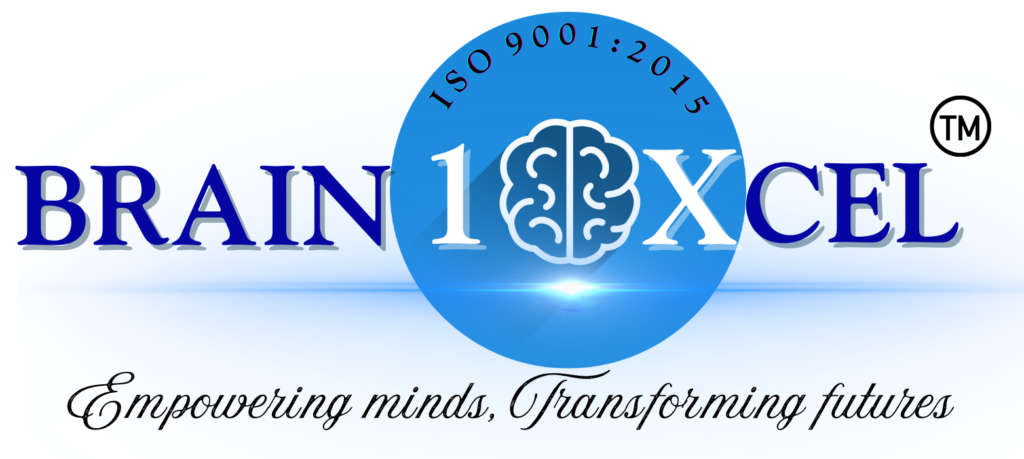What is NLP?

NLP, or Neuro-Linguistic Programming, explores the connections between neurological processes, language, and behavior patterns learned from experience. By understanding how these elements interact, NLP aims to help individuals reframe thought patterns, improve communication, and achieve personal growth and emotional well-being.
Definition of NLP NLP is a practical model of human behavior, focusing on how people create meaning from experiences and communicate effectively. It’s rooted in the belief that language shapes thought and behavior, making it possible to harness the power of words and internal narratives to drive positive change.
History of NLP Developed in the 1970s by Richard Bandler and John Grinder, NLP evolved from studies in psychology, linguistics, and cognitive science. They aimed to identify successful behavioral patterns across different fields and replicate them for broader benefit. Today, NLP is used in various fields, including therapy, coaching, and corporate training.
What NLP is Not NLP is not a magic solution or scientifically proven psychotherapy; rather, it’s a model and a set of techniques. It’s distinct from clinical therapy and doesn’t replace medical treatments. Misunderstandings about NLP arise due to exaggerated claims, so it’s essential to understand it as a personal development tool rather than a cure-all.
Opinions about NLP NLP’s effectiveness is a matter of debate, with some practitioners lauding it for promoting personal growth and others questioning its scientific basis. Reputable NLP organizations emphasize ethical practices and realistic expectations, aiming to counteract the exaggerated claims that can sometimes surround the field.
Applications of NLP Model NLP is widely applied across four domains:
- Personal Development: Building confidence, reducing stress, and fostering a positive mindset.
- Organizational Development: Enhancing leadership, team cohesion, and communication.
- Education: Helping students and educators understand learning styles and motivations.
- Therapy and Health: Assisting clients in overcoming fears, managing stress, and adopting healthier habits.
Presuppositions of NLP NLP rests on foundational beliefs, such as the idea that each person has the resources to make positive changes. Other core presuppositions include viewing communication as a key to understanding and seeing challenges as opportunities for growth.
Inspirational Applications of NLP NLP encourages a mindset shift by teaching people how to redefine obstacles as learning experiences and to use positive thinking to drive success. Many users find that NLP helps in discovering new perspectives and developing resilience.
Social Impact of NLP In recent years, NLP has extended into community and societal projects, such as education initiatives and mental health support. By emphasizing empathy and effective communication, NLP practitioners work to make a positive difference in social and interpersonal dynamics.
